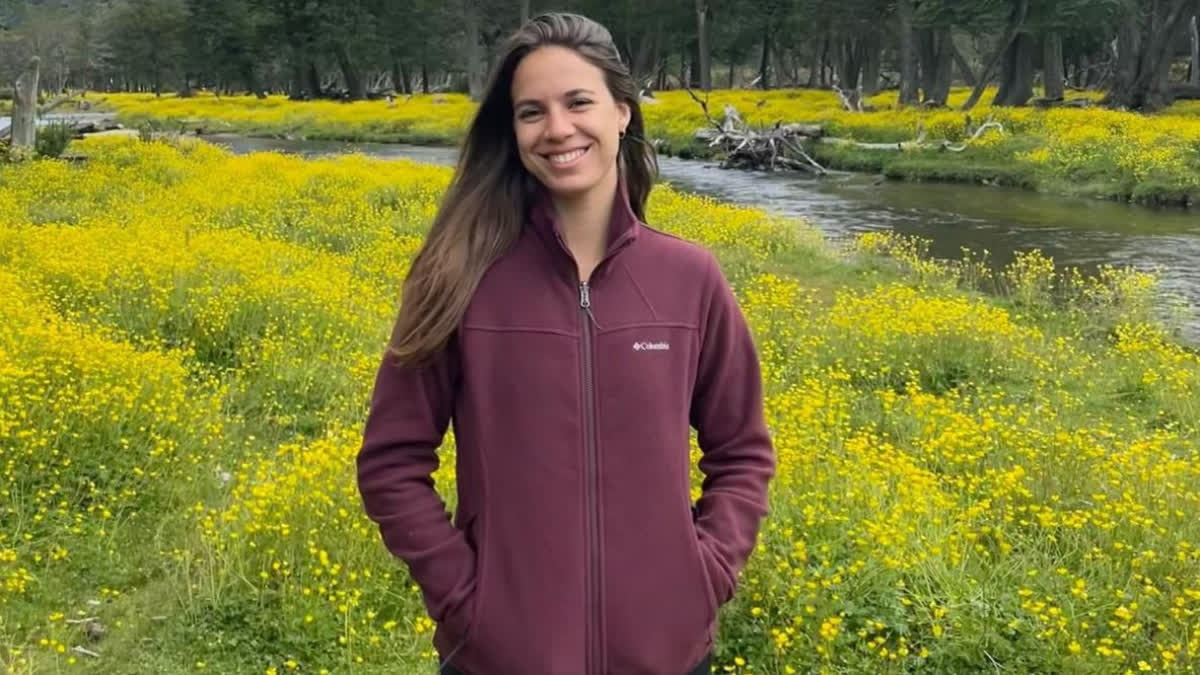If you ask any mother about her worst nightmare, she would answer without hesitation – losing her child. For 54-year-old Sigal Khalifa, this nightmare became a reality. She is still searching for closure after the murder of her daughter, Gaya Khalifa, 24. Over a year has passed, yet Sigal remains desperate for answers about what truly happened on that fateful morning when Gaya left for the Nova Music Festival.
The festival, held at Kibbutz Re’im after a three-year hiatus due to the COVID-19 pandemic, was the first site to be attacked by Hamas terrorists on October 7, 2023.
Born and raised in Kiryat Ono, Israel, Gaya was a brillian student in high school. She served as a combat medic in the Israel Defense Forces. After completing her reserve duty she went for a backpacking trip to South America with her friend Romi Gonen. Romi later became one of the hostages held by Hamas for 471 days before being released.
That last call
Life was good—normal, even—until that terrible day, Sigal recalls. "Everything seemed fantastic. And then, on October 7, we lost our daughter."
Gaya and Romi had left for the Nova Music Festival the night before. “We were sitting with friends, laughing, eating until 3 AM," Sigal remembers. "Romi arrived in his car to pick up Gaya, and they drove together to the festival.”
A few hours later, at 6:30 AM, Sigal and her husband, Avi Khalifa, were jolted awake when alarms started going off. “We immediately called Gaya and Romi and told them to find shelter. At first, we didn’t realise how serious it was — living in Israel, we are used to these alarms going off every other day,” she says.
Gaya stayed on the phone with her father. She and Romi tried to escape, but the roads were jammed with panicked festivalgoers. When traffic came to a standstill, they abandoned their car and ran east. “We didn’t understand what was happening. Gaya only mentioned missiles and that they needed to find shelter. It wasn’t until we turned on the TV at 8:30 AM that we realised it was much worse—Hamas terrorists were driving around in white Toyotas, shooting continuously. That’s when we knew our daughter was in danger,” Sigal says.
Hoping for her return
From their home, Sigal and Avi watched the massacre live on television, desperately trying to reach Gaya. At 10:12 AM, Gaya called Avi one last time. In a trembling voice, she told him she had been shot. “My husband heard machine guns, then her last two breaths,” Sigal says, her voice breaking. “After that, we don’t know what happened. What she went through in those final moments haunts me.”
During her last moments, Gaya ran for her life. People fled in all directions—some hiding behind cars, some frozen in terror. Bullets rained from the sky, and everyone was screaming. “We kept hoping she had found shelter, that she was safe. But Avi had heard her last words. Deep down, we knew she was gone,” Sigal says.
